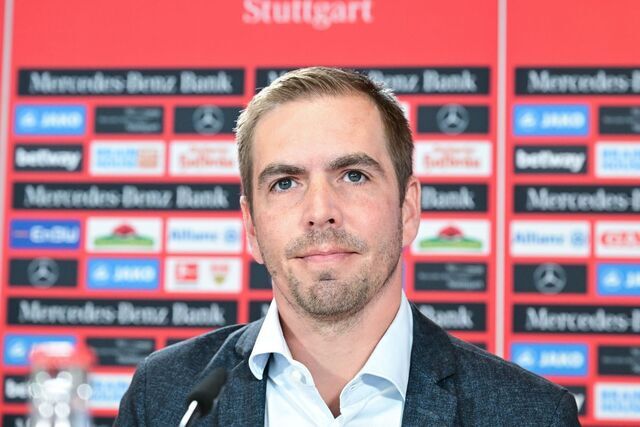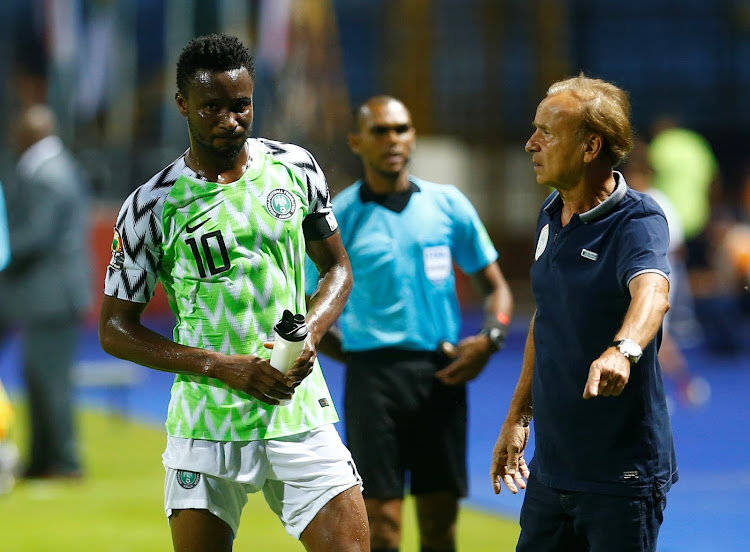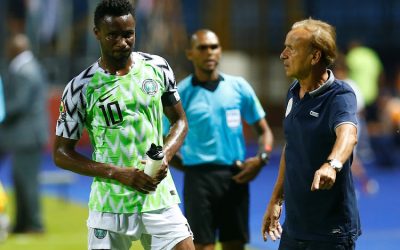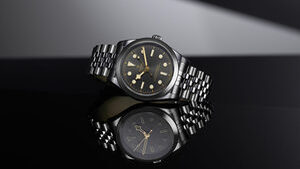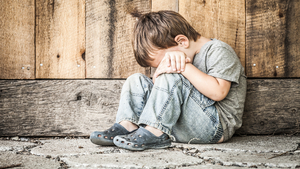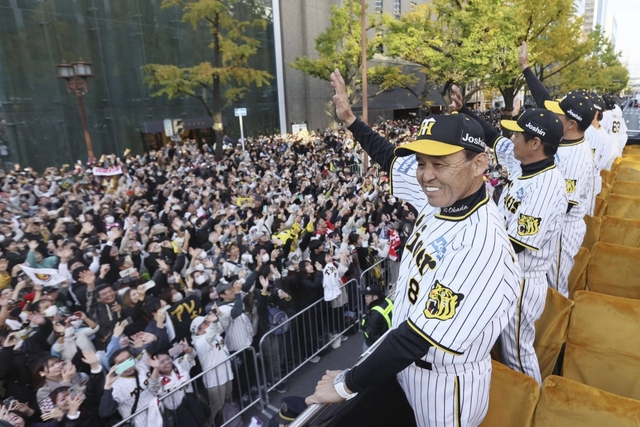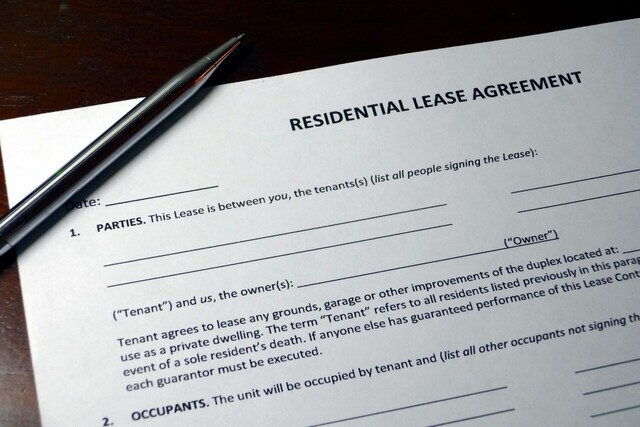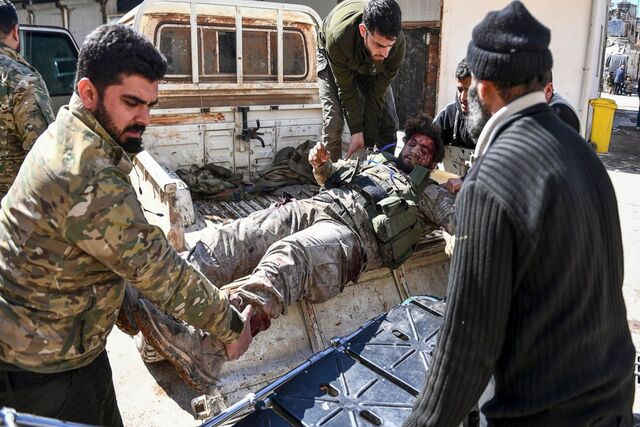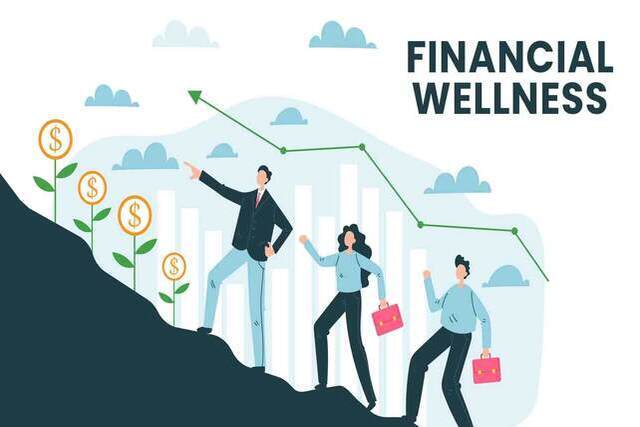The director of the Euro 2024 event talks about his plans for next summer, the money problems in football, and why Germany’s men’s team lost.
Philipp Lahm looks out over the field that he called home for 15 years and lets the memories come back to him. It was June 2006, and the first day of the long, hot, changing summer that made Germany more modern and open to the rest of the world.
After surgery on his arm, he was afraid he would miss the first World Cup game, which was held at Allianz Arena of all places. There was a quiet sense of joy when he was cleared to play. So there was no holding back his joy when, six minutes after the game started, he scored an amazing goal that set the competition in motion.
“Right before the game, the referee had to check my splint in the locker room,” he says. That was the best part when he said, “Yes, no problem, you can play.” A few kilometers away is where I was born. My whole family and a lot of my friends were in the stadium. It was a big deal for me because I didn’t score many goals. I let go of all my happiness and didn’t know what to do with my emotions.
In 1992, Lahm, who was 22 years old at the time, had no idea that 17 years later, he would be in charge of planning another big sports event. He is in charge of organizing Euro 2024, which will be held in Germany next summer.
After the draw on Saturday at Hamburg’s Elbphilharmonie, the results of his work will start to become clear. Lahm’s life used to be all over Europe with Bayern Munich and a national team that won every tournament. Now he can go on and on about site trips, venue checks, talks about infrastructure, and finalizing details with sponsors.
He also knows that a football event can change the way you see things for the better. In 2006, Germany was still getting used to life after reunification and living with the shame that the Second World War had caused. “Those weeks were unique,” Lahm says.
Society as a whole grew back together, became more linked, and was able to show the world who we are. People could see who we are. Deutschland has a bad past with us, but everyone got to know us in a new way.

